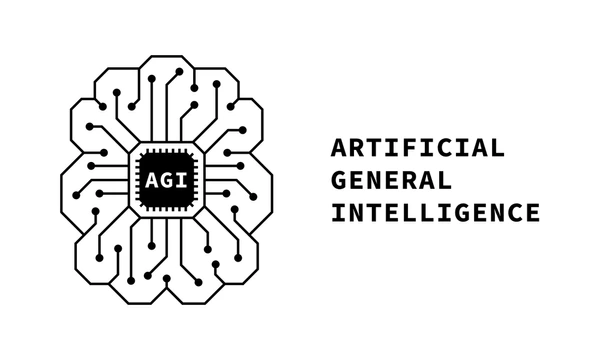Hey there, tech enthusiasts and curious minds! It seems like every other day we’re bombarded with headlines about the imminent arrival of Artificial General Intelligence, or AGI. You know, the all-knowing, all-powerful AI that can think, reason, and maybe even dream like a human. It’s the stuff of science fiction, and depending on who you ask, it’s either right around the corner or a far-off fantasy.
But what if I told you there are some pretty compelling reasons to believe that true AGI, in the way we imagine it, might not be possible at all? Before you grab your pitchforks, hear me out. Today, we’re going to take a step back from the hype and have a friendly chat about the very real obstacles that stand in the way of creating a truly human-like artificial mind. So, let’s dive into the fascinating question: why is AGI not possible?
The Great Definition Debate: What Are We Even Trying to Build?

One of the biggest, and perhaps most overlooked, roadblocks on the path to AGI is that nobody can really agree on what it is. Is it an AI that can perform any intellectual task a human can? Does it need to have consciousness and self-awareness? Or is it simply a matter of outperforming humans in every conceivable metric?
This lack of a clear, unified definition makes the pursuit of AGI a bit like trying to hit a moving target in the dark. If we don’t have a concrete goal, how can we ever hope to achieve it? This ambiguity is a significant reason when we ask, why is AGI not possible? It’s a fundamental problem that plagues the field.
Scaling Up Isn't the Same as Waking Up

A popular argument from the “AGI is inevitable” camp is that we just need to keep scaling up our current AI models. More data, more computing power, and voilà, consciousness will magically emerge! But is that really how intelligence works?
Think about it. We can train a large language model on the entire internet, and it can become incredibly proficient at predicting the next word in a sentence. It can write poems, translate languages, and even generate code. But does it understand what it’s writing? Does it grasp the nuances of love, the sting of regret, or the joy of a beautiful sunset?
The current consensus among many AI researchers is that simply making our models bigger and faster won’t lead to genuine understanding. It’s a quantitative leap, not a qualitative one. The architecture of our current AI is fundamentally different from the biological processes that give rise to human consciousness. This is a core tenet of the argument for why is AGI not possible?
The Missing Piece: The Embodied Mind

Have you ever considered how much of your intelligence is tied to your physical body? Our understanding of the world is shaped by our interactions with it. We learn about gravity by falling, about warmth from a hug, and about the taste of an apple by actually eating one. This concept is known as “embodied cognition.”
Current AI systems exist as disembodied lines of code in a server. They lack the rich, multisensory experience of a physical existence. This is a huge handicap. How can an AI truly comprehend the world without ever having been a part of it in a meaningful, physical way? This lack of embodiment is a profound reason to question the feasibility of AGI and adds another layer to the discussion of why is AGI not possible?
The Unsolved Mystery of Consciousness

This is the big one, folks. What is consciousness? Where does it come from? We don’t have the answers to these questions for ourselves, let alone for a machine we’ve built.
Consciousness isn’t just about processing information. It’s about subjective experience – the feeling of “what it’s like” to be you. It’s the redness of a rose, the sound of laughter, the feeling of sadness. These are what philosophers call “qualia.”
Until we can unravel the profound mystery of how our own brains create conscious experience, the idea of replicating it in silicon remains firmly in the realm of speculation. This is perhaps the most significant philosophical hurdle and a cornerstone of the argument for why is AGI not possible?
So, What's the Takeaway?
Does this mean we should pack up our AI research and go home? Absolutely not! The advancements in narrow AI are transforming our world in incredible ways, from revolutionizing medicine to tackling climate change.
But when it comes to AGI, a healthy dose of skepticism is in order. The challenges are not just technical; they are deeply philosophical. The conversation around why is AGI not possible? isn’t meant to be a downer, but rather an invitation to appreciate the profound complexity of our own intelligence and to approach the future of AI with both excitement and a clear-eyed understanding of its limitations.
What are your thoughts? Do you think AGI is an inevitable future or a fascinating but ultimately unattainable goal? Let’s keep the conversation going!

